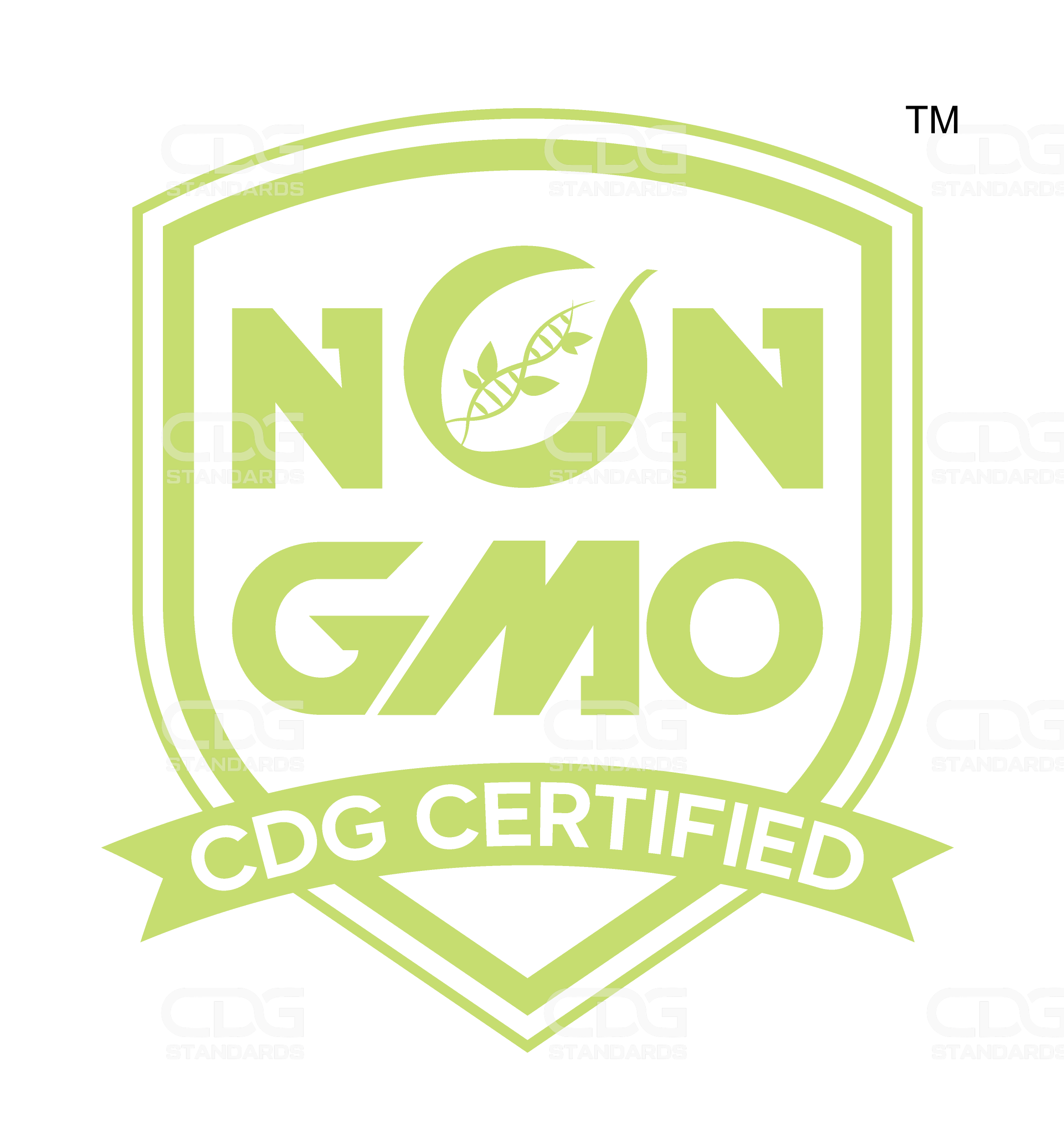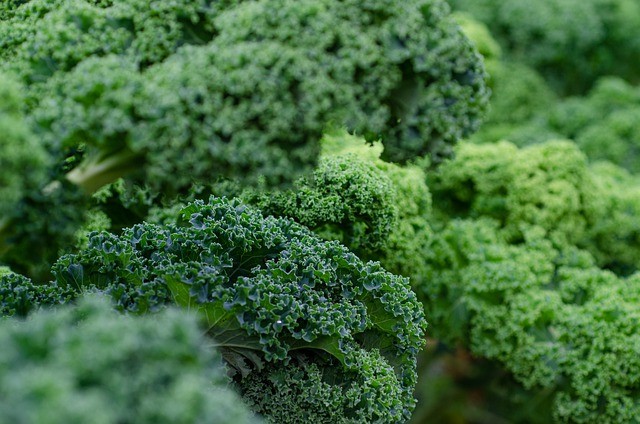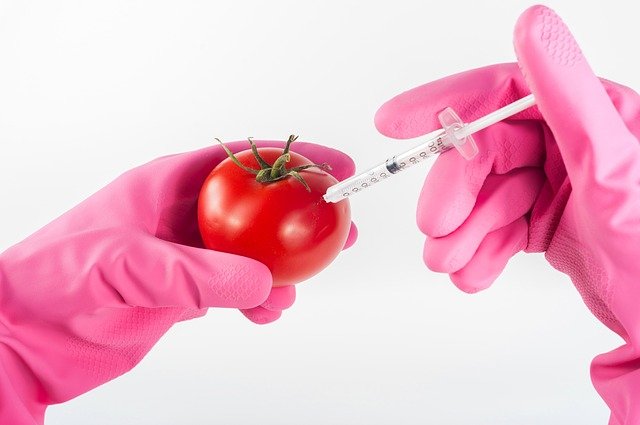NON-GMO Certification
Get An Instant Quote

GMO stands for genetically modified organism. It is any plant, animal, or other organism whose genetics have been modified by scientists using genetic engineering. Non-GMO, naturally, means non-genetically modified organisms.
What is Non-GMO?
Genetic modification, also known as genetic engineering, of food plants involves scientists removing one or more genes of DNA from an organism. They then recombine this DNA in a way to alter the genetic makeup of the organism. This will allow the food to express desirable traits associated with the new genes. Most genetically modified food has been altered so that it naturally produces pesticides that would killed under normal circumstances.
Why Non-GMO Certification is required?

Non-GMO certification allows consumers to avoid foods which have been genetically tampered with if they choose to do so. Genetic modification is radically different than simple plant breeding which has been practiced for centuries, although its supporters will claim they are the same thing.
Breeding has historically meant working with plants of related species in order to create desired plant varieties. In contrast to this, genetic modification involves breaking down natural genetic barriers and allowing the transfer of genes from any kind of organism. This can include viruses, bacteria, and even animals. Genetic engineering has not existed long enough for its long-term effects to be truly understood.


Because of this lack of historical data, genetically modified food is potentially dangerous. Some scientists speculate that genes which area added to organisms could disrupt the function of other genes, creating new proteins that do not naturally occur in the food supply. It is possible that these new proteins could form toxic materials or allergens in food that has never been present before.
What is the non-GMO Process?
The non-GMO certification process is a high-quality system requiring strict guidelines regarding product labelling. It ensures that products have been completely and thoroughly reviewed to ensure that there was no genetic modification of any kind involved in the production of a given food product.
The non-GMO certification is different for various types of food. For meat and dairy products, for example, non-GMO does not mean that genetic editing has not occurred on the food itself. Instead, it means that the animals that food were made from ate a diet which was compliant with non-GMO standards. This applies for all foods which are created by or from animals, like honey as well. For honey specifically, bees are required to live four or more miles away from GMO crops to ensure they do not have access to any genetically modified food.
CDG has a vast experience in ‘Non-GMO’ certification. Our Non-GMO mark is recognised & accepted worldwide
